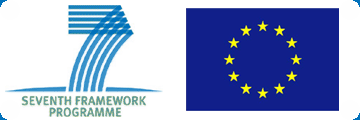Global Philanthropists and European Development Cooperation

By Erik Lundsgaarde, Research Fellow, DIE
Policy brief No 8 - February 2011
In the summer of 2010, the American billionaires Warren Buffett and Bill and Melinda Gates garnered media attention for their call for their most affluent compatriots to give a majority of their accumulated wealth to charitable causes. The same trio has also played an important role in drawing attention to philanthropic giving for global development in recent years due to the sizeable resources that the Bill and Melinda Gates Foundation has committed to addressing development goals. While Gates Foundation giving has been an obvious focal point for interest in philanthropic engagement in development due to a scale putting it in financial terms in the league of smaller OECD donors such as Belgium or Switzerland and due to its upward trajectory, the philanthropic landscape encompasses a diversity of actors including family foundations with a long track record of engagement on development issues and philanthropies linked to private firms. Nor is global development-oriented philanthropy a purely American enterprise: the philanthropic visibility of private actors from Europe and from developing countries is also increasing.
In spite of their diversity, these actors present some common challenges for development practise. This paper outlines general characteristics of global philanthropists and highlights areas for strengthened engagement among European development actors to facilitate a positive contribution of philanthropic actors to global development efforts.
Key areas for further European engagement with philanthropists are the promotion of increased transparency in the philanthropic sector and the development of knowledge transfer mechanisms to foster mutual learning and facilitate complementarity among public and private development cooperation actors. In addition, the more prominent role assumed by philanthropic actors in development should provide a stimulus for European donors to reduce fragmentation within their aid systems and enhance internal coordination efforts. Read more.
